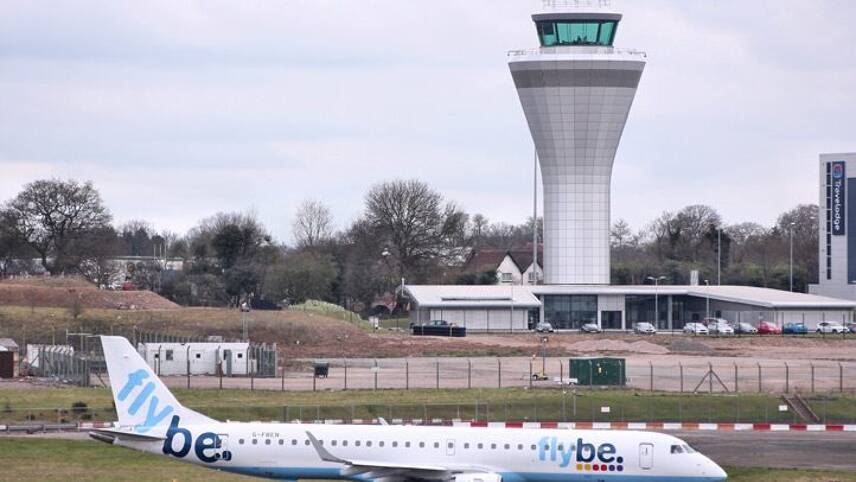Register for free and continue reading
Join our growing army of changemakers and get unlimited access to our premium content

The Midlands airport is one of the first to commit to net-zero
The airport has reduced emissions by 33% since 2013 and emissions per passenger by 50% in the same timeframe. Birmingham Airport has also grown passenger numbers by 40%.
Birmingham Airport’s chief executive Nick Barton: “Technology is changing at some pace and the movement to a net-zero economy itself is driving innovation across the energy and transportation industry, and we are going to take advantage of this.
“We don’t have all the answers about how we will hit this target, but we are confident that through innovation and collaboratively working with industry, government, manufacturers, onsite partners and employees, we can reach our target by 2033.”
Birmingham Airport works with Sustainable Aviation, a group consisting of airlines, manufacturers and airports to promote decarbonisation in the aviation sector.
Sustainable Aviation is set to publish its fourth Decarbonisation Roadmap shortly, but through the partnership, aircraft are now 20% more efficient and the group claims that it has delivered annual fuel efficiency improvements of 1.5% over the last decade.
Birmingham Airport notes that its biggest carbon reduction can be delivered through onsite renewable generation. The airport will publish an updated sustainability strategy that will reveal more information on the strategy later this month.
“Over the next six to twelve months we will be working to revise our existing carbon management plan and develop a roadmap. This will allow us to set and prioritise genuine carbon reduction objectives rather than carbon off-setting schemes, as we see this as the least favourable option,” Barton added.
Net-zero aviation
The Midlands airport is one of the first to commit to net-zero, as calls grow across the industry for a sector-wide plan to be introduced.
International Airlines Group (IAG), the parent company of British Airways (BA), became the first airline group to commit to reaching net-zero carbon emissions by 2050, as BA also announced plans to offset all domestic passenger flight emissions next year.
The Committee on Climate Change’s (CCC) chairman Lord Deben has said that if the UK is to meet its 2050 net-zero target, ministers must develop sector-specific strategies with time-bound, numerical targets for decarbonising the international aviation.
In fact, the industry body for UK airlines believes that a renewed partnership with the Government can help the sector achieve net-zero emissions by 2050, although it has called for more funding to enable the transition.
Heathrow Airport’s chief executive John Holland-Kaye has joined the growing calls for the aviation sector to implement a net-zero strategy, claiming that “imposing punitive costs” will not deter people from flying less.
Be part of edie’s Net-Zero November
In light of the UK’s net-zero commitment and the huge opportunity this has presented to sustainability and energy professionals across the country, edie is running Net-Zero November: an entire month’s worth of content dedicated to informing and inspiring our readers to position themselves at the forefront of the net-zero revolution.
View all of our exclusive Net-Zero November content here.
Make a net-zero-themed pledge on behalf of your business here.
Matt Mace


By "onsite renewables" do they intend to put solar panels on all the terminal building roofs and around the apron? Given the vast acreage around any airport the generation capacity should be incredible with minimal impact to the visual environment and preserving agricultural land for crops.